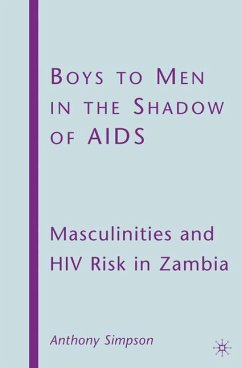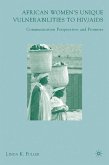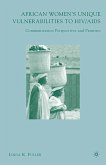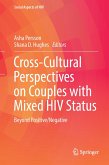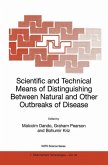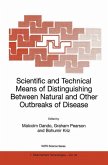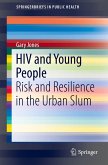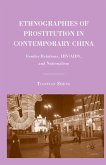This ethnography charts the lives of mission-educated men in Zambia and their search for meaning in the AIDS pandemic, as well as their responses to prevention and HIV testing. It also suggests how hegemonic masculinities may begin to be re-figured and gender relationships redesigned.
"This book is important. It goes beyond crude dichotomies about gender and describes the subtleties of male gender identity, sexuality and sexual expression in a place where how maleness is acted out can determine life expectancy and the fate of a man s sexual partners and his children. Here we have a sensitive and thoughtful account of masculinity in Zambia derived from unique field work over almost 25 years." - Tony Barnett, London School of Economics and London School of Hygiene and Tropical Medicine
"This book is a stunning demonstration of how ethnography can illuminate the vital issues of our time. With extraordinary sensitivity and deep understanding, Anthony Simpson shows us sides of Zambian men's intimate lives that we have simply never seen before. The deep contextual understanding this study provides should be a revelation to AIDS researchers, and is also sure to be important for a broad range of scholars with interests in youth, masculinity, and sexuality. - James Ferguson, Chair of Anthropology, Stanford University
"An intriguing study of maleness in the context of Africa and the HIV/AIDS epidemic." - CHOICE
"This book is a stunning demonstration of how ethnography can illuminate the vital issues of our time. With extraordinary sensitivity and deep understanding, Anthony Simpson shows us sides of Zambian men's intimate lives that we have simply never seen before. The deep contextual understanding this study provides should be a revelation to AIDS researchers, and is also sure to be important for a broad range of scholars with interests in youth, masculinity, and sexuality. - James Ferguson, Chair of Anthropology, Stanford University
"An intriguing study of maleness in the context of Africa and the HIV/AIDS epidemic." - CHOICE

